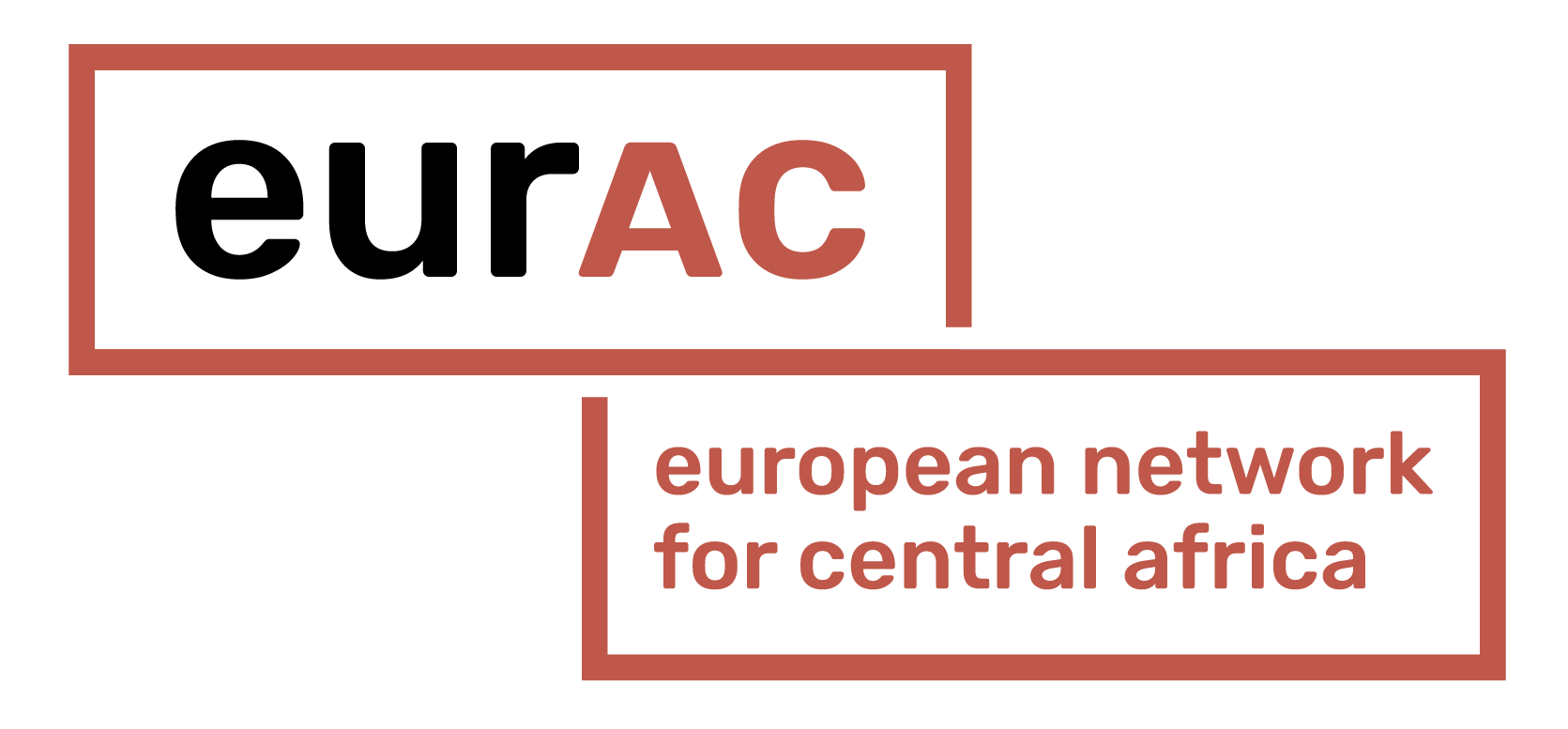Kinshasa Conference, May 2022 | EurAc statement on the electoral process in DR Congo
Three days of reflection and consultations on the pre-electoral situation in the Democratic Republic of Congo were held in Kinshasa from 18 to 20 May 2022. These meetings, convened by the European Network for Central Africa (EurAc), brought together 16 of its members, 16 partners, as well as diplomatic missions, notably from the European Union and its Member States, and representatives of international organisations.
These exchanges took place in a context marked by the lack of consensus between the stakeholders in the elections, the demotivation of citizens with regard to the electoral process and the fragility of the political party system following the recomposition of the parliamentary majority. Participants outlined the lessons learned from the last electoral cycle and the reaction of the international community. A number of concerns emerged, including the apparent desire of the ruling power to control the bodies involved in the electoral process. The circumstances surrounding the appointment of the leaders of the Constitutional Court and the CENI are eloquent examples of this. Moreover, the insecurity in the East of the country and the rise in tribal cleavages and hate speech raise fears of violent post-electoral disputes.
EurAc members have identified the following five "red lines" 5 red lines that the electoral process should not cross in order to guarantee a credible and transparent electoral process:
- Freedom for all Congolese to demonstrate peacefully, without fear of being killed, injured or arrested throughout the country;
- Freedom of the press and expression, including openness of all media and equitable access to public media;
- Respect the constitutional deadline for the organisation of elections and avoid any "slippage";
- Transparency in the voting and counting system, including publication of results on a poll-by-poll basis ;
- I It is important to ensure that the candidates are exclusive, with particular attention to women, youth, people with disabilities, minorities and indigenous pygmy populations.
EurAc addresses the following recommendations to the European Union and its Member States:
- Take a clear position on the current electoral process, particularly the debates on the electoral law, by establishing "red lines" that the electoral process must not cross, create a task force for the 2023 elections and adopt a common strategy to speak with one voice during the electoral process;
- Encourage Congolese political institutions to respect their obligations to organise free, transparent, credible and peaceful elections;
- Coordinate on the financial support to the electoral process, the key actors, as well as their common response to the different possible scenarios of the evolution of the electoral situation before, during and after the polls;
- Strengthen support for Congolese civil society in its crucial threefold role of ongoing civic education; defence of human rights and civil liberties; and monitoring of the electoral process.
- Publicly denounce all repression and violations of civil liberties and provide support and protection to activists at risk.
- Make it clear that they are ready to impose sanctions against any individual or legal entity responsible for hate speech, delaying the organisation of elections within the constitutional timeframe or sabotaging the will of the Congolese people to choose their leaders.
Finally, EurAc reaffirms its solidarity with the Congolese people in their noble struggle for democracy.
Done in Kinshasa on 20 May 2022
EurAc members participating in the Kinshasa conference

